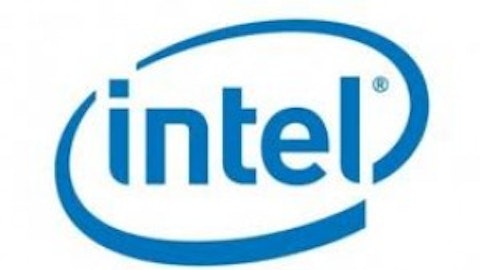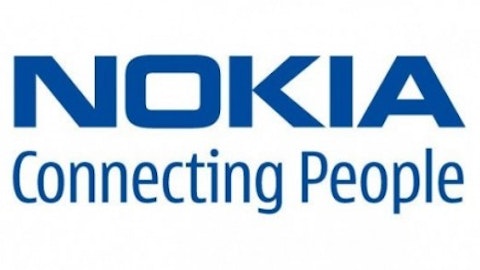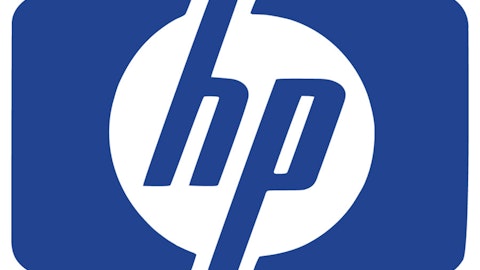Happiest of happy days! Barnes & Noble, Inc. (NYSE:BKS)‘s chairman, Leo Riggio, has announced that he plans to buy out the company’s retail business, leaving the Nook segment behind. Finally the day has come when the books are separated from the technology and both end up doing better — or that’s the hope, at least. Riggio already owns 30% of the company and is the effective founder of the current company. While he bought the name and one bookstore in the 1970s, it was his vision that allowed the company to grow to the size it is today.

Why would you buy a bookstore?
One of the biggest misconceptions surrounding Barnes & Noble has to be the idea that the bookstore is dead. The never-ending comparisons with Borders and Amazon.com, Inc. (NASDAQ:AMZN) only muddy the water and make it harder to see what’s really happening. Here are the facts. In the last reported quarter, comparable sales excluding the Nook were up 2%. In addition, the retail segment was the only division to turn in an operating profit last quarter, although it was a weak 3%. That’s because, for all the Nook hoopla, sales at Barnes & Noble are still more than 60% physical — books, magazines, and movies.
Borders fell apart for lots of reasons, but an autopsy from Retail Management Consultants hit on some of the biggest problems. First and foremost, the company didn’t hire the right people. Second, it ignored customers’ wishes. Finally, it failed to localize the chain, making decisions that took DVDs and music out of all locations regardless of how profitable the locales were. That’s not the boat Barnes & Noble is in. Just last year, Barnes & Noble topped a customer satisfaction poll for online book retailers.
The second comparison, with Amazon, is more troublesome. Certainly, Amazon and Barnes & Noble compete to sell people books, but what most people overlook is that Amazon isn’t a bookseller anymore. It used to be a bookseller, but now it’s an everything-seller. Barnes & Noble competes with it by default, but Amazon is no longer focused on selling you books. Instead, it wants to sell you search capabilities, storage, or devices. Here’s a challenge for you — find an article explaining why Amazon is a great company that rests on the premise that it dominates the book industry. I doubt that such as article exists.
An opening for more
That lack of focus from Amazon means Barnes & Noble can compete if it refocuses on being a bookstore. The Nook has sucked down capital and ingenuity and has left the physical locations out in the cold. The whole store was redesigned to move the Nook up to the front. But the Nook was never going to be the savior of Barnes & Noble. Books were. If Riggio takes the company back, he can focus on playing to its strengths and taking advantage of its dominant market position.
There are no other meaningful chain booksellers right now. If you want to buy a book from a store, you’re probably headed to a local place or to a Barnes & Noble. Traffic has increased in-store with the collapse of Borders, and that means the company has plenty of opportunities to make new sales and build new customer relationships.





